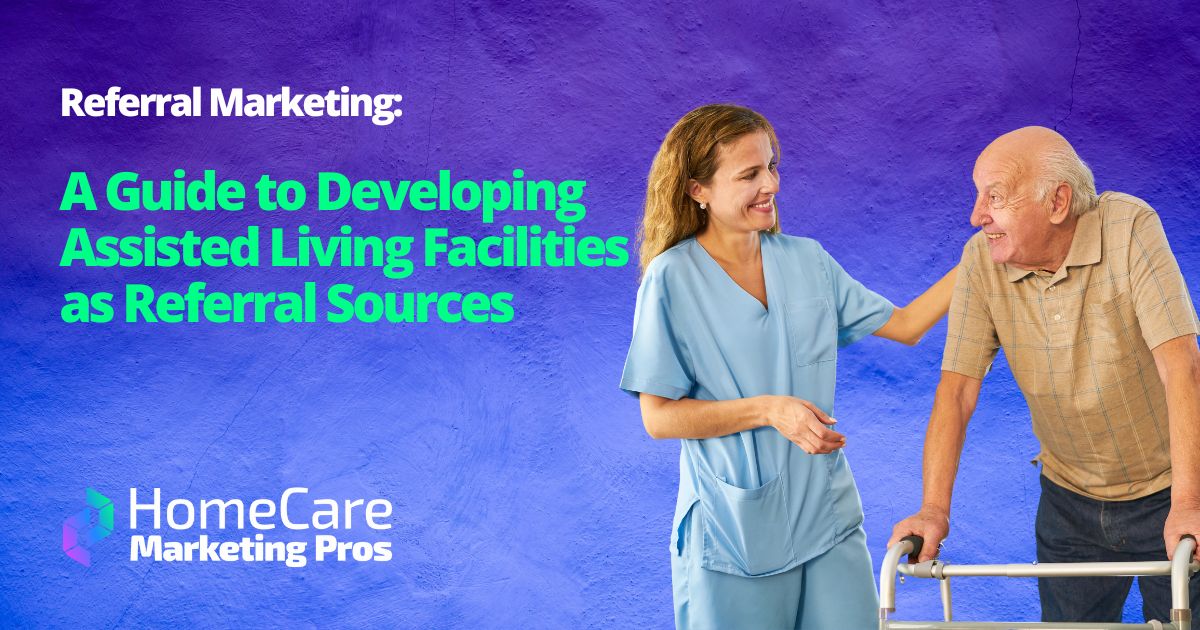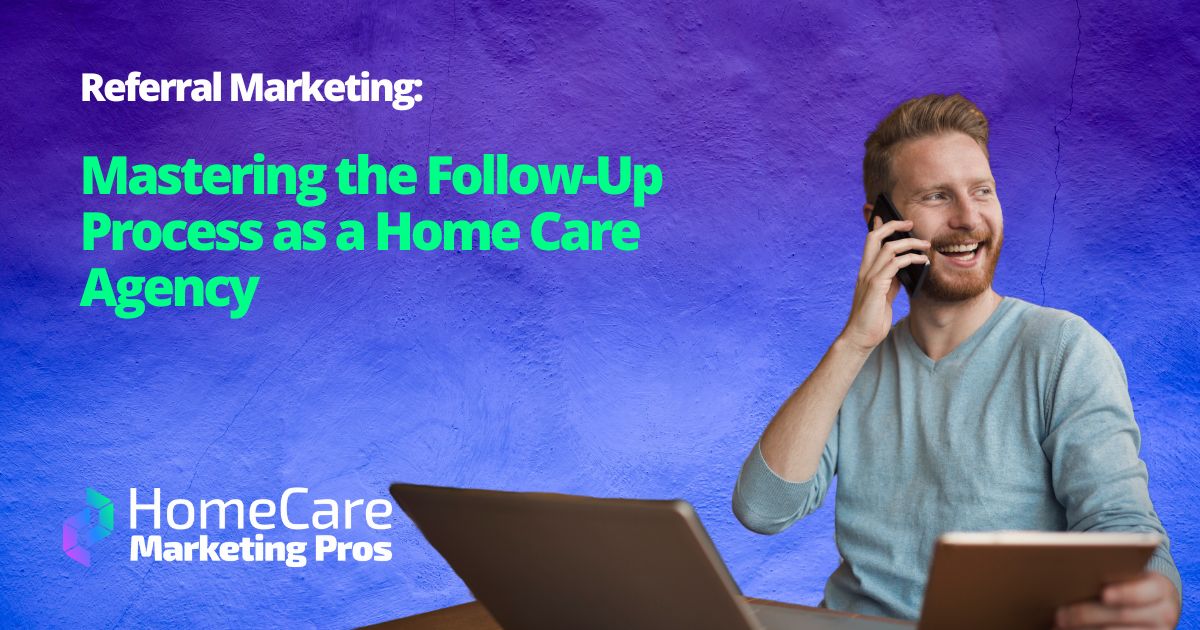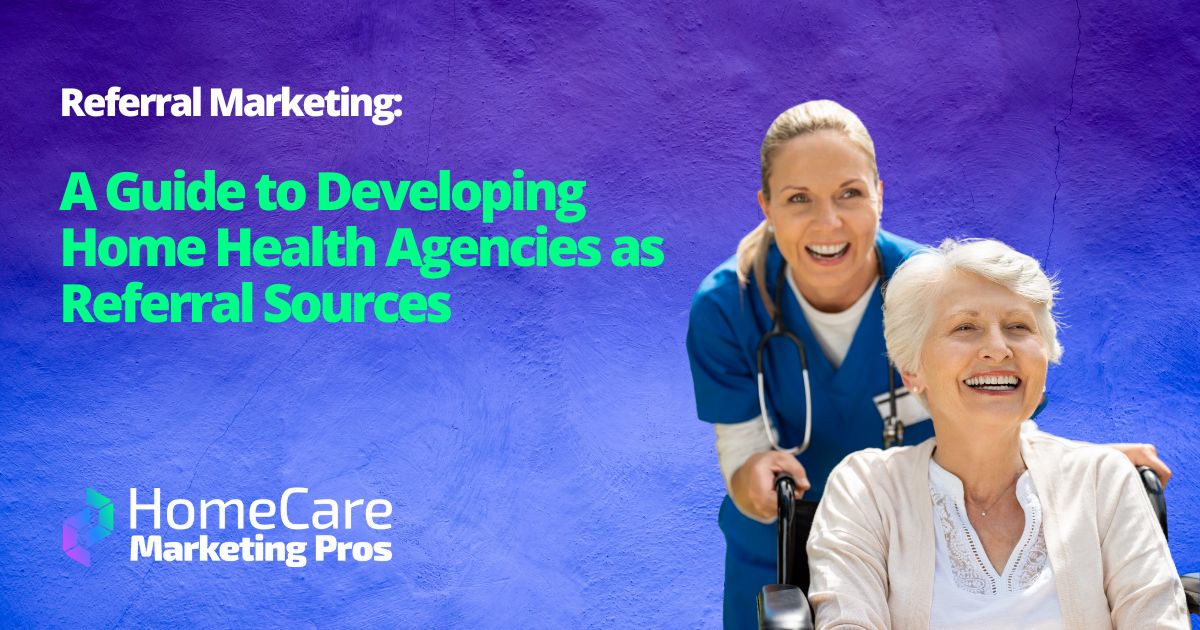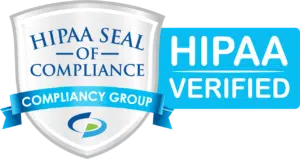Referral Marketing: A Guide to Developing Assisted Living Facilities as Referral Sources
How to make a partner out of a near-competitor

Because they are indirect competitors, home care agencies and residential care facilities can have a natural referral relationship.
Building a network of referrers requires tact, strategy, and thoughtful relationship-building.
Assisted living facilities and home care agencies can form a mutually beneficial referral relationship because:
- Some of their leads will not yet need residential care, and home care will be a better fit
- Some of your leads will be a better fit for assisted living care
- Your agency may be able to cover gaps in their services, and vice versa
- You can send them leads outside your service area
- Many of your clients may, at some later date, need full-time residential care
- Your shared expertise is a boon to potential clients—two experts are better than one
Here’s how you can build a relationship with assisted living facilities in your area to add new leads to your client pipeline.
1. Personalize your communication
Start with relationships you already have—former staff members or colleagues in the field. People who already know and trust your agency are most likely to give you an endorsement.
When approaching any potential referral partner, send a thoughtful, personalized email, not a templatized blast.
- Tell them who you are, what your agency offers, and the scope of your service area
- Address the email to a specific person, if possible, like an executive director or director of admissions, for example
- If you have a mutual connection, mention it
- Offer to help them—you need a place to send referrals, for example
- Let them know you’re interested in two-way referrals
- Ask to schedule a meeting
For example, you might start like this:
Hi Gail,
My name is Nikki Mehrotra and I’m the client development lead at Caring At Home. We offer post-surgical care, senior companion care, and respite care in the Greenville area. My colleague Dawn Frasier at Hanover County Senior Services has spoken highly of your team.
We’ve had several clients lately who need to transition to long-term memory care facilities, and we’re hoping to build a network of care providers we trust where we can refer our clients. We’ve heard excellent things about Commonwealth Independence Village and I hope we can talk about starting a two-way referral program.
If you’re available next week, I’d like to stop by Commonwealth to learn more about your services and drop off some information about Caring At Home.
Sincerely,
Wendy Jones
2. Create a tailored referral package
Assisted living facilities often deal with their leads in person. Equip them with high-quality, branded, printed materials they can pass along to visitors who may be a better fit for your services.
It should include:
- Professionally designed, full-color brochures and collateral with plenty of photos
- Complete service menu
- Insurance and financial information
- Background on your agency and your standards of care
- Information on how your caregivers are vetted, trained, certified, and licensed
- Client reviews
- Include your business card with ways to contact you via email and phone
3. Stop by for a visit
Email outreach may produce a meeting, but you can also stop by to meet them face-to-face. Your goal with a drop-by is just to introduce yourself. When you visit:
- Bring a few pieces of print collateral and maybe even the beginnings of a referral package, so they can consider your agency after you leave.
- Ask if an administrator, like a community director, is available—your goal here is just to introduce yourself and tell them why you’re interested in their assisted living center.
- Be sure to leave your business card so they can get in touch.
- Follow up with a brief email later, thanking them for their time.
- Take care to be respectful of their space. Without tact, you may be seen as trying to poach business or caregivers. Ask to speak with the administration first and explain why you’re there. Don’t help yourself.
4. Make it mutually beneficial
A home care agency is a natural referral source for assisted living facilities. Though your team can help clients stay independent for longer, there will come a time when some clients need full-time residential care.
As you look for referral partners, be sure the ones you partner with have standards as high as yours. Their reputation will color the experience of leads they send your way.
5. Partner on community events
You are the experts on home care, and your new partner is the expert in assisted living care. As a team, you can become a valuable resource for the community.
- Partner with them on an open house event where the community can come meet you and other senior services providers in your area. Include other resources like gerontologists, mental health counselors, social workers, and social events coordinators in your planning.
- Don’t forget about webinars. In-person events can be costly and time-consuming, but webinars can be mounted much more quickly. Co-sponsor virtual events about different types of senior care services, aging in place, end-of-life care, or simply ways of staying healthy as you age.
Attract and manage home care referrals—all in one place
As you build a robust home care referral network, you’ll need a way to collect new client leads, organize them, and shepherd your contacts through the customer journey. Home Care Marketing Pros are the experts in growing home care businesses. Book a demo of our CareFunnels platform and let us show you how to use your referral networks to fill your customer pipeline.













